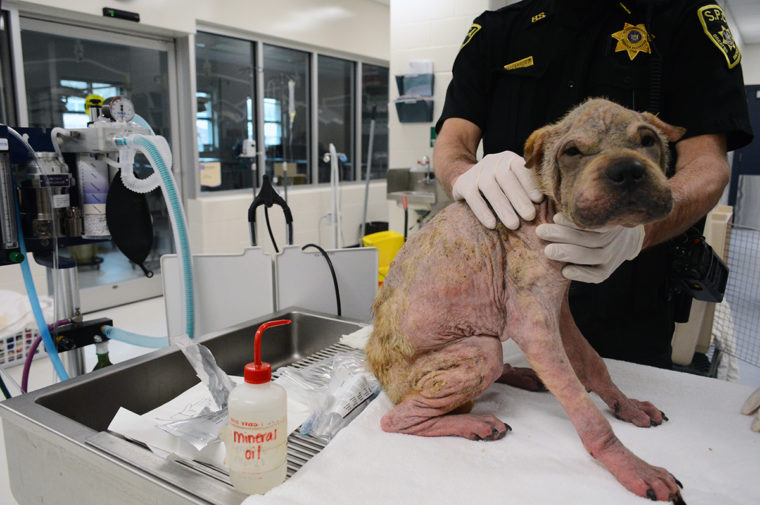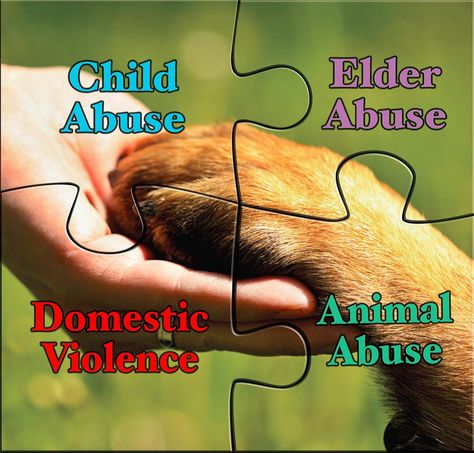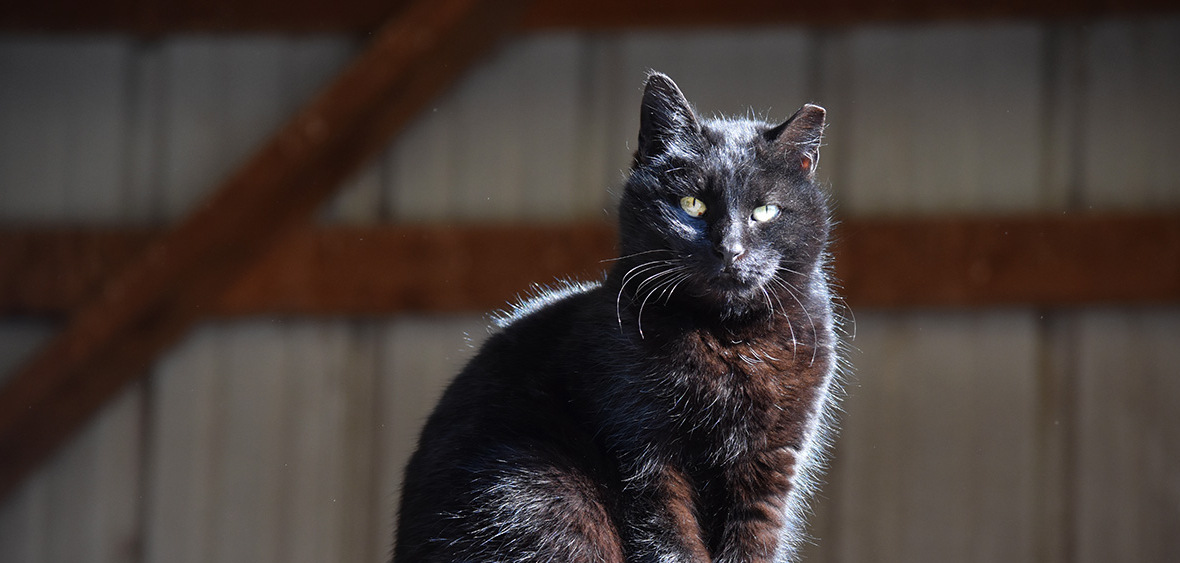Say “fight animal crimes” and visions of animal cops racing to a location, sirens blaring, to pull the animal directly from harm’s way comes to mind. Despite the stereotyped media portrayal, the real fight against animal crimes involves people in the community and professionals across many disciplines.
Lollypop Farm will be examining these critical collaborations in its third annual Animal Crimes Conference on Saturday, November 9th. Sessions will show how those who report suspected animal cruelty, law enforcement, veterinarians, and judicial experts work together to hold those who abuse animals accountable for their crimes.
Working Together
Lollypop Farm’s Vice President for Law Enforcement Reno Di Domenico, who will lead multiple sessions, stresses the importance of collaboration when it comes to investigating animal cruelty. “Veterinarians speak for the pet in question through an exam of that animal, documenting physical evidence and animal behavior. Investigators then consider the vet’s opinion and determine if the evidence meets the level of criminality under the law. Often, they draw these conclusions together. The judicial experts then try the case, and it’s important for them to have a working knowledge of animal crimes to ask the proper direct questions in court.”

A Veterinary Focus
Animals can’t speak for themselves, so it is often left to the veterinary findings to determine what kind of suffering and injuries were inflicted. Veterinarians are key to building a case in these investigations. Dr. Melinda Merck is a national expert on veterinary forensics whose investigative findings and crime scene analysis have been key in animal crimes cases across the country. It’s important that veterinarians and law enforcement understand how to use veterinary forensic science in prosecuting animal crimes cases. In this video, Dr. Merck discusses her pioneering role as a veterinary forensics expert.
Know the Laws
Understanding the intricacies of the animal cruelty laws in New York State is the foundation for animal crimes investigations. Municipal and state law enforcement don’t regularly focus on these laws, but they do encounter animal crimes from time to time.
Di Domenico explains that “officers who do not investigate animal crimes daily need the opportunity to gain a new understanding of what types of evidence they should be looking for, as well as how to interact with a veterinarian to ensure that the proper evidence is collected in the exam.”
Concerned citizens who suspect animal cruelty should always call 911 or report it to Lollypop Farm’s Animal Cruelty Hotline at (585) 223-6500. But understanding the laws may help people identify other cruelty, as well as recognize the limits of the law. And as the voice for animals who can’t speak for themselves, the people in the community are critical advocates!
Visit the Animal Legal & Historical Center for a summary of New York’s anti-cruelty statutes.
The Link
There is an increasing focus across the US on how to prevent animal crimes. Over 35 years of research from human services and animal welfare disciplines show that animal crimes can be both an indicator and predictor of interpersonal violence, including child abuse, domestic violence, and elder abuse. Social services, human health care, and education professionals are all key in identifying animal abuse as a significant dynamic in their work. By understanding The Link, we are more likely to prevent violent crimes by taking animal cruelty seriously.

Lollypop Farm is addressing this through the Animal Crimes Intervention Program, a new psycho-educational program for animal crimes offenders who are on probation. Developed by Animals & Society Institute and adapted for the Rochester community, this 12-week program is designed to focus on accountability and the factors that motivated animal abuse or neglect, including attitudes, beliefs, and other risk factors.
Join Us
The Animal Crimes Conference, Animal Law & Veterinary Forensics: Critical Partnerships in Animal Crimes Investigations will address each of these topics and more. Join us on November 9th and learn how you can help hold animal abusers accountable for their crimes.
Learn more and register today!
Join the Facebook event page for updates here.


